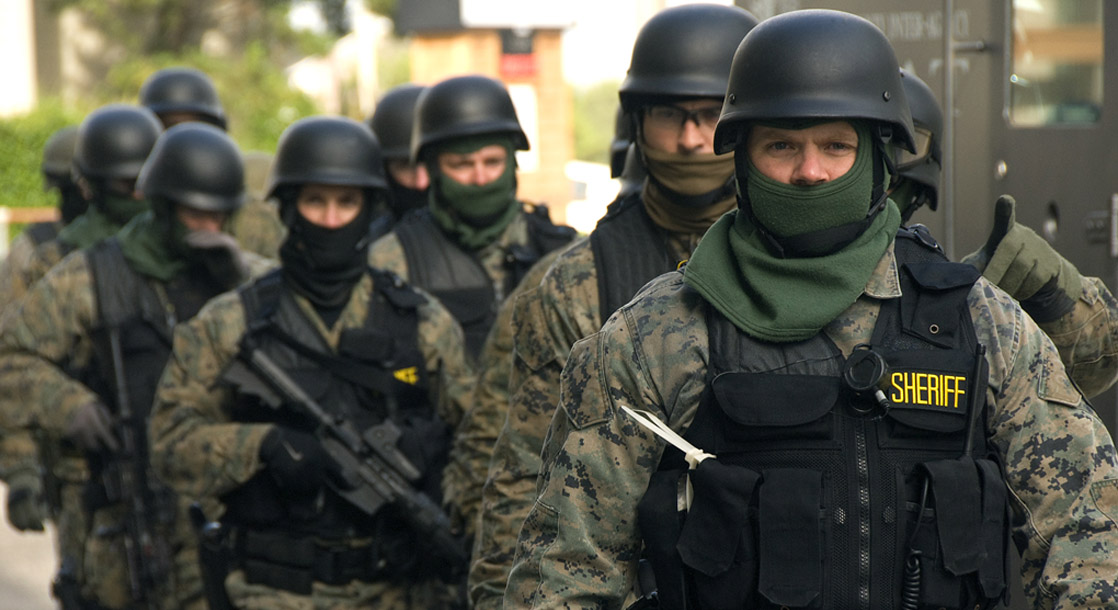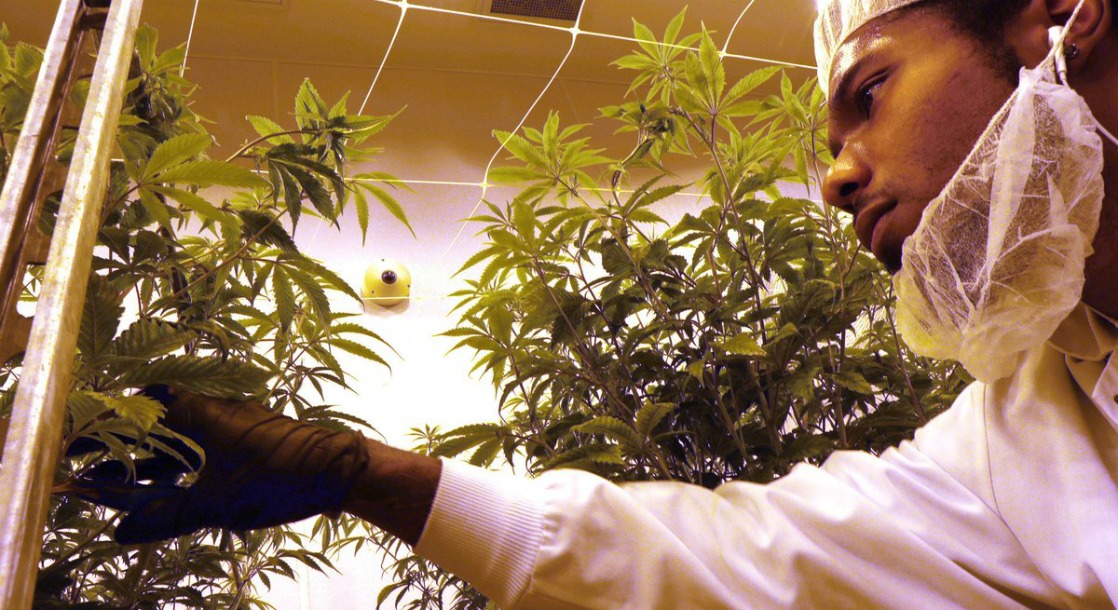Detroit cops conducted 95% fewer drug raids last year than they did a decade ago, a clear indication that city police are focusing their attention on serious crime instead of minor pot busts.
In the 2012 fiscal year, Detroit law enforcement agencies conducted 3,462 drug raids, one of the highest totals seen since the turn of the century. The annual number of raids has plunged significantly since then, though, eventually dropping below two hundred a year. Police cite a few reasons for this decline, but Michigan’s decision to legalize adult-use cannabis in 2018 certainly plays a major role. In 2020, the first fiscal year that weed was legally available for sale, police only made 215 drug raids, and that total fell to 186 last year.
“Marijuana raids used to make up a large percentage of our drug enforcement activities,” Detroit Police Assistant Chief Charles Fitzgerald told The Center Square. “With the legalization of marijuana, there has been a significant drop in those types of raids.”
The decline in drug busts actually predates legalization, though. The total number of raids declined sharply in the three years following 2012’s peak, eventually dropping as low as 855 in 2015. The total number of raids suddenly doubled again to 1,556 in 2016, but then began dropping steadily every year after that. In the 2019 fiscal year, before Michigan’s first adult-use stores opened for business, the number of drug raids had already dropped to 618.
Fitzgerald explained that the changing landscape of illegal drug sales is partially responsible for the decrease in raids. Up until recently, illegal drug dealers usually set up shop on street corners, in vacant houses, or at other fixed locations. These locations were clearly visible to both police and local communities, making them easy targets for raids. But these days, drug dealers often use social media services to sell their wares, allowing them to meet up with individual customers in private, ever-changing locations.
“The very nature of drug sales has changed a great deal in recent years,” said Fitzgerald to The Center Square. “The neighborhood drug house is much less of an issue than it used to be. Dealers, to a much larger extent, are no longer selling from fixed locations, such as a vacant house. Instead, they are setting up individual meetings at various locations with their customers. That makes them harder to track, but it also creates less of a neighborhood nuisance if there is not a stream of activity at one location.”
The decline in drug raids has freed up the department’s resources and allowed them to focus on issues that matter to local communities. “Today, the complaints we are getting the most are things like neighborhood speeding and drifting, or large crowd control during the summer, as opposed to drug locations, so we have adapted our enforcement efforts to reflect citizen complaints,” Fitzgerald explained.
The shift away from the War on Drugs is especially welcome given that Detroit is still one of the most dangerous cities in the US. Nearly a third of Detroit residents said that they had been the victim of a crime in 2021, according to a recent study by the University of Michigan. FBI data also reports that Detroit had the fifth-highest rate of violent crimes per capita in the entire country last year. And city police report that murders, rapes, and other violent crimes increased from 2020 to 2021, even though the country’s overall violent crime rate declined that same year.
The department’s decision to refocus their efforts on violent crime instead of minor drug busts is likely to pay off in the end, recent research suggests. Several studies have now found that police in adult-use states and towns solve more violent crime cases than cops in prohibition states.
Cover image via











